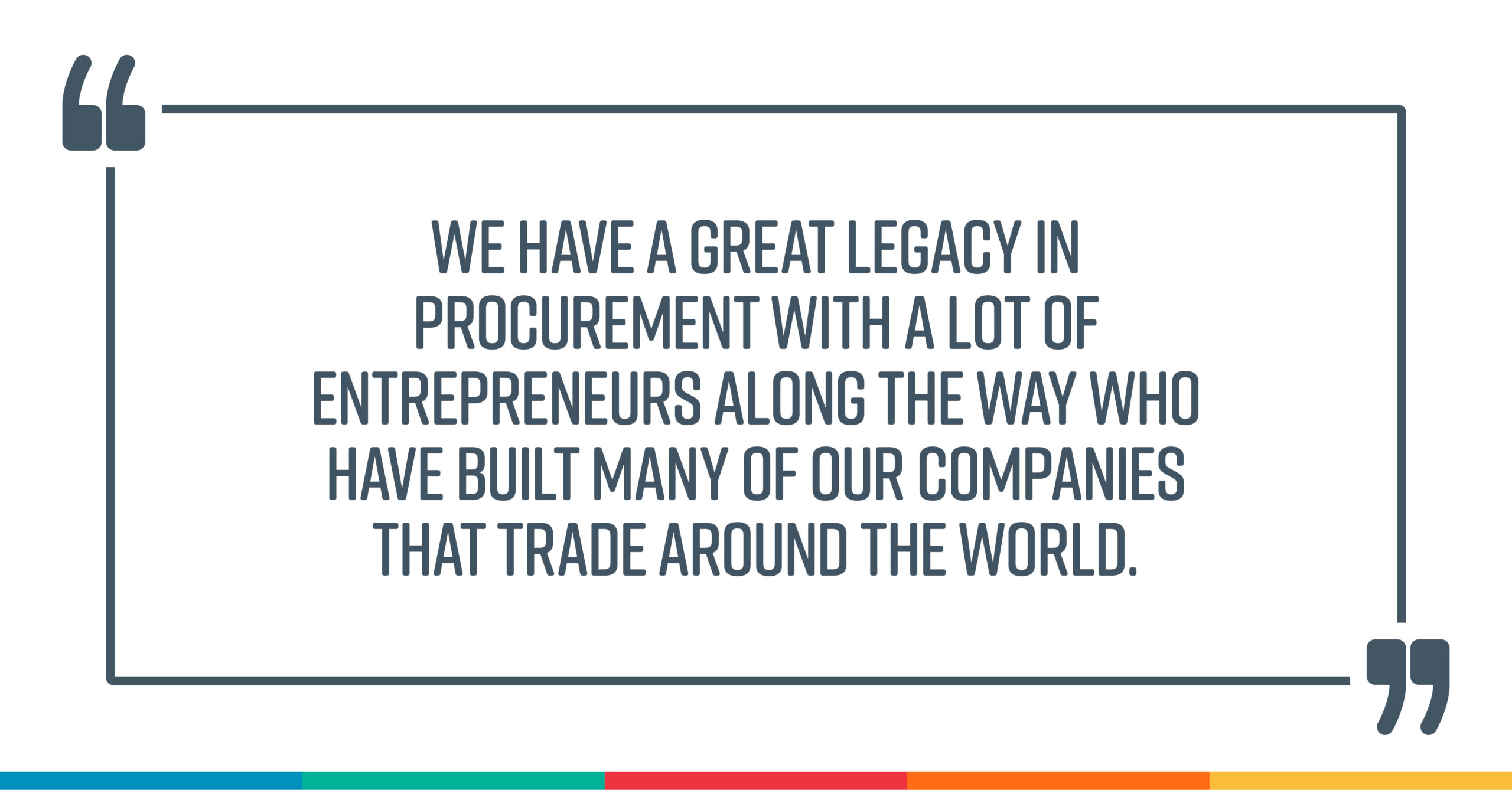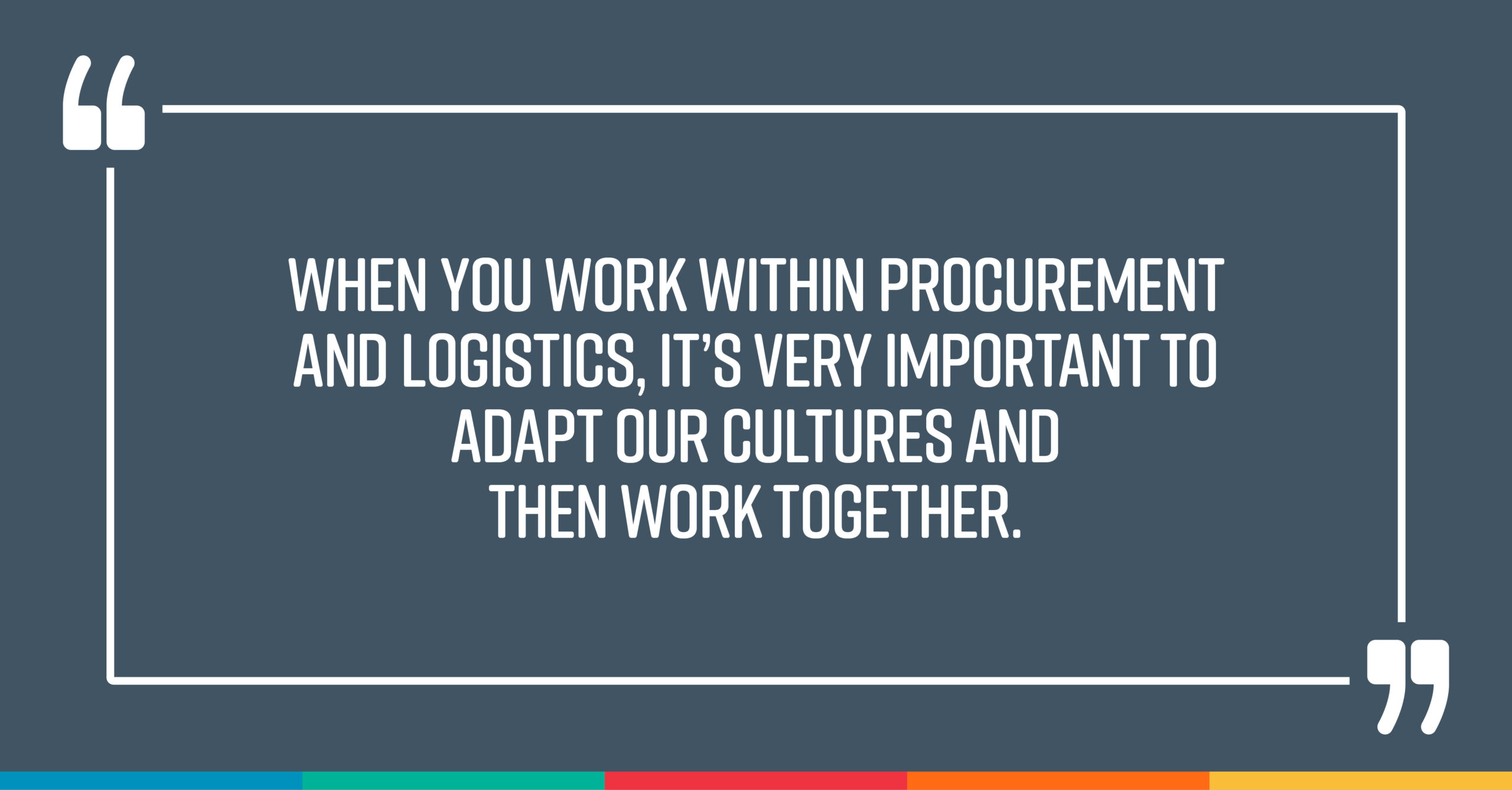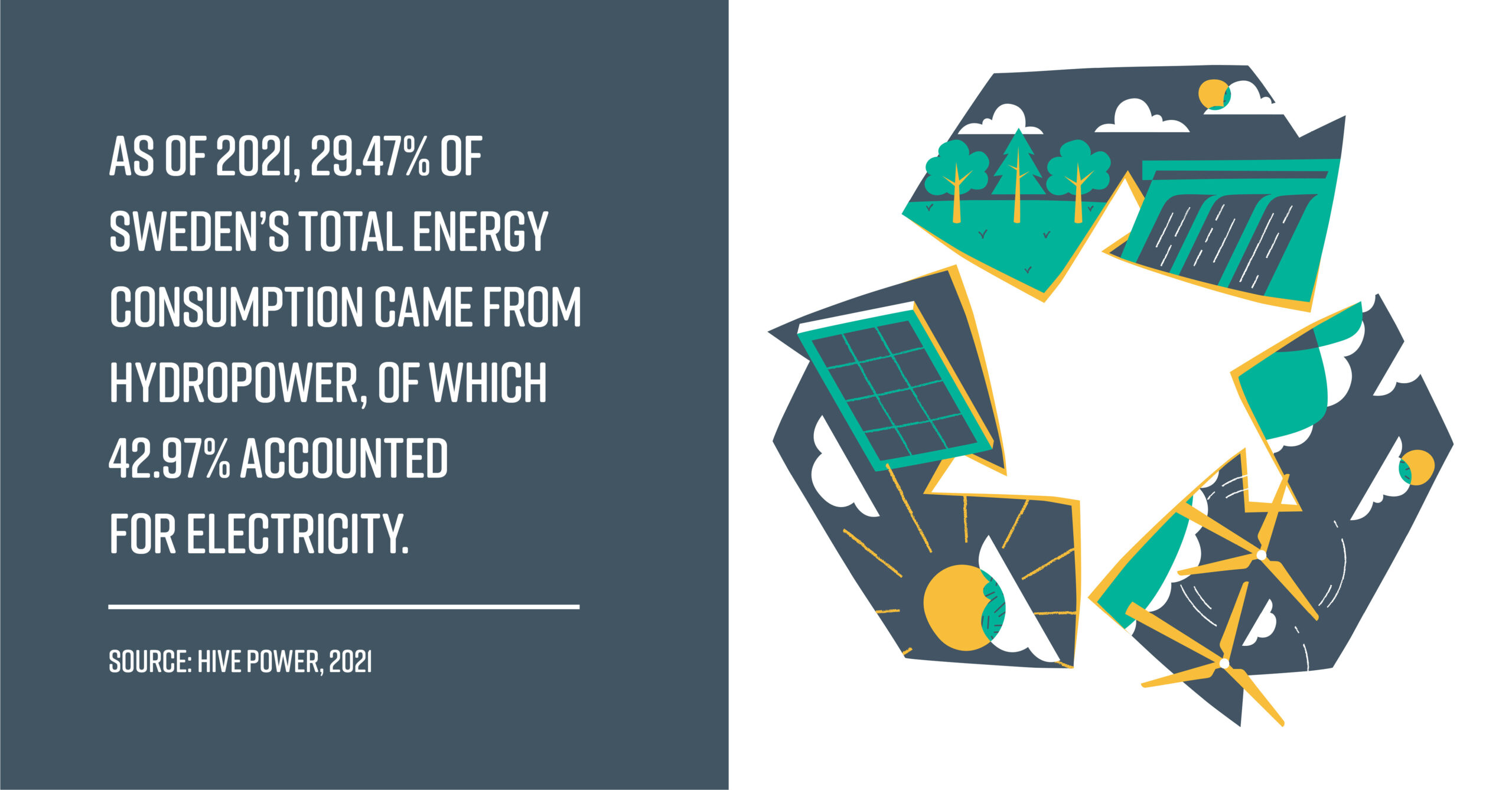Written by Jonathan O’Brien, leading procurement expert and CEO of Positive Purchasing Ltd. Jonathan works with global blue-chip organizations to help transform their procurement capability.
Here at Positive Purchasing, we are fortunate to work with organizations across the globe and from time to time, I am asked if there is any particular country that is leading the way in the area of procurement and the supply chain.
There is – and it is Sweden.
To help us look at why Sweden is ahead of the game, I have asked Anette Lindbom to share some of her experience and insights of the procurement world in Sweden. Anette is Chairman of Silf – the Swedish Procurement and Logistics Association as well as board member on Silf Competence (Education and Certification Awarding body for procurement and logistics) and she’s also Procurement Director at Nolato Meditech, a specialist advanced injection molding company, supplying the pharma and MedTech industry.
Before we explore why Anette feels Sweden excels in the field of procurement, lets look at some facts about Sweden:
- Population 10.4 million.
- GDP $621 billion.
- 24th in the World (6th in Europe) in terms of output.
- Roughly 8% of the population live in Stockholm.
- Nearly 70% of the land is forest.
- Sweden has had a CO2 tax on fossil fuels since 1991.
- Sweden had the highest number of robots per 10,000 employees in the world in 2019.
I asked Anette to sum up why the Swedes excel at all things procurement, and this is what she told me…
Swedes Have an Entrepreneurial Mindset
We have a great legacy in procurement with a lot of entrepreneurs along the way who have built many of our companies that trade around the world. In fact, we Swedes have brought an impressive number of innovative companies into the World and in 2021, we were ranked fifth on the Global Innovation Index.

When it comes to music, we are not just about ABBA you know! Think of Stockholm as the region’s equivalent of Silicon Valley with tech start-ups like Spotify and Klarna. Spotify has grown into the go-to music streaming platform for many people worldwide; last year, over 100 million owned a premium subscription.
Swedes Are Pragmatic
Like the rest of the World, we are suffering the effects of inflation. This is exacerbated as our currency is not tied to the euro like our neighbours in Denmark, which makes it a little more challenging for our exporters.
We are pragmatic as a nation, so we didn’t see the need for a total lockdown as we worked on trust and kept to the rules. Of course, during the pandemic there were restrictions, but we quickly adapted to working from home and most businesses could still operate, so while many nations experienced significant losses, we held our own. In fact, the GDP in Sweden in 2020 increased from 533.88 billion US dollars to 547.05 billion US dollars. We also made good use of our outside spaces and I think getting out into nature in the forests and the mountains helped keep us sane (more or less!).
Now, of course, there is the impact of the war in Ukraine with all its associated challenges, the main one being energy. Even as a country with many of our own energy resources, we are still suffering because we previously reduced our reliance on nuclear plants.
On The Whole Swedish Companies Have Flatter Management Structures
We tend not to have long hierarchies in our companies which helps us work very closely together with our vendors. The same is the case within Silf where we provide training to help our members build even more effective partnerships with their suppliers. We believe in working with our supply partners through thick and thin and that was certainly the case during the pandemic.
We Bring Procurement into the “Front Room”
In our board within Silf, we often discuss how our members are seeking to better engage the rest of the business with the procurement function. What we noticed was that all of a sudden, many companies had brought procurement forward into the best front room. No longer limited to just handling purchasing transactions, it became more strategic with a full understanding of the wider contribution that a smarter approach to procurement could deliver.
Also, I think we have improved our skills with regards to the supply chain overall, with greater co-operation between businesses, their supply chain and freight forwarders. We have learnt a lot during these strange times, and this has helped many procurement departments secure a more prominent role within their organizations.
Swedes Are Innovators Who Think Outside the Box
Sweden is a net exporter and much of our manufacturing takes place in the north of the country. This means we need to transport our goods and, if you want to do this sustainably, somewhere along the line you have to pay for it. We currently add surcharges to fund greener fuel for both sea and air freight.
We are not yet so advanced with our road freight; however, we know that, together with the whole of Europe, we have to step up and improve sustainability. There has been a project in conjunction with one of our universities to develop electric freight vehicles with large trailers and even in the far north, where it gets really cold in the winter, this seems to be working well.
We have an acute shortage of drivers here in Sweden, just as there is throughout the rest of Europe. The obvious answer is to train more and pay them an attractive wage, however this takes too long and with the uncertain impact of the war in Ukraine, it does not represent a certain solution.
So, what we need are really big trucks that drive themselves or better train solutions throughout Europe, and this is something they are experimenting with in different areas in Sweden. It’s embryonic at the moment, so we’ll just have to watch and see how they can develop this.
Sustainability Comes Naturally to Us
Sustainability is not a new concept in Sweden. The average Swede has been working towards improved sustainability in their own home for a very long time. We are recycling everything – even my kids, and yes, they get tired that we have to recycle everything!
This has naturally flowed into companies and there is a lot of work going on around how we can improve it even further. We know we cannot be complacent as we must constantly improve in order to achieve the UN goal.
Three Things to Think About
Firstly, I think that we can learn a lot from each other and the co-operation between countries. This was especially true in the kind of unique circumstances that were created by the pandemic. When you work within procurement and logistics, it’s very important to adapt our cultures and then work together. So, I feel having come through COVID, and now the invasion of Ukraine, we will certainly be smarter and more resilient.

Secondly, sustainability is here to stay – there simply is no option. We just need to work even better, jointly and cooperatively find how we can constantly improve.
And thirdly, we need to educate people. One thing that is not so difficult to deliver is new education and training to help people learn and understand more.
Jonathan’s Final Thought
Having done a lot of business in Sweden, I have found the Swedes to be positive, down to earth and very focused on their priorities. Thankfully, for many years now, one of those priorities has been improved sustainability and this has been on every level; as individuals, as organizations as a government and as a nation.
So, it is hardly surprising that one of the World’s best known environmental and sustainability activists – Greta Thunburg – is a Swede.


